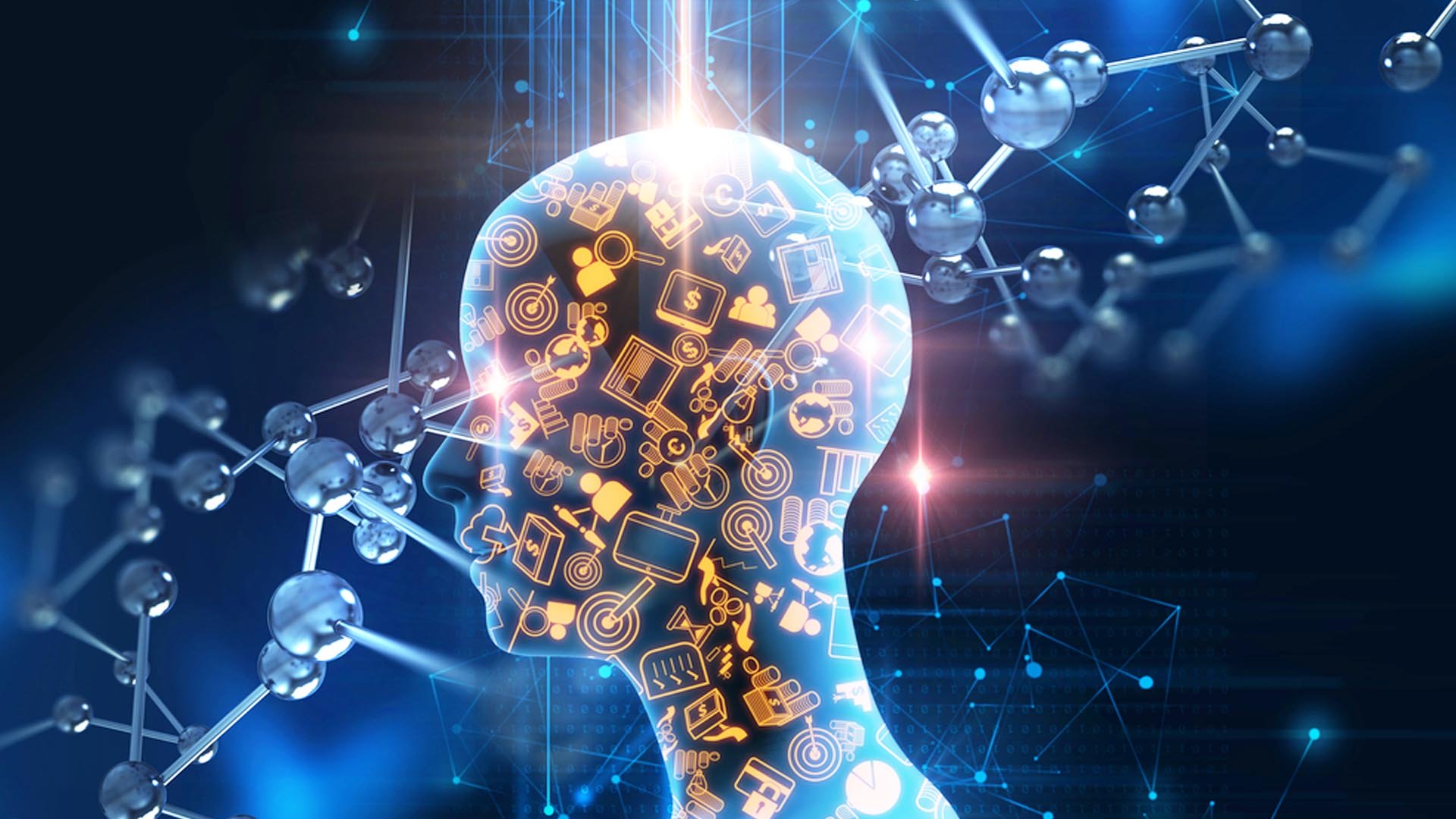The Rise of AI: A Look Into Tomorrow's Technology
The Rise of AI: A Look Into Tomorrow's Technology
Blog Article

Welcome to the forefront of cutting-edge technology, where artificial intelligence is no longer just a concept of the future but a tangible reality shaping the world around us. From self-driving cars to personalized recommendations on streaming services, AI is becoming increasingly integrated into our daily lives, revolutionizing industries and redefining the way we interact with technology. This powerful technology is driven by complex algorithms and machine learning capabilities that enable systems to analyze data, learn from it, and make decisions with minimal human intervention. As we witness the relentless advancement of AI, it is clear that we are on the cusp of a new era in technology where the possibilities seem limitless.
History of AI
In the early days, the concept of artificial intelligence was mostly relegated to science fiction books and movies, capturing the imagination of people worldwide. It wasn't until the 1950s that the formalization of AI as an academic field began, with pioneers like Alan Turing and John McCarthy laying the groundwork for what was to come.
The 1970s and 1980s saw significant progress in AI research, with developments in expert systems and machine learning algorithms. Companies started to invest heavily in AI technologies, aiming to create systems that could perform tasks typically requiring human intelligence.
Fast forward to the present day, and artificial intelligence has become ubiquitous in our daily lives, powering virtual assistants, recommendation systems, and autonomous vehicles. With advancements in deep learning and neural networks, the possibilities for AI seem endless, promising a future where intelligent machines seamlessly integrate with our society.
Current Applications
One significant current application of artificial intelligence is in healthcare. AI technologies are being used to analyze medical images, assist in diagnosis, and even predict patient outcomes based on data patterns. This has the potential to revolutionize patient care by providing more accurate and timely medical interventions.
Another area where AI is making waves is in finance. Banks and financial institutions are utilizing AI algorithms to detect fraudulent activities, automate routine transactions, and personalize customer experiences. These advancements not only increase operational efficiency but also improve security and customer satisfaction.
AI has also found its way into the field of transportation. Self-driving cars, powered by AI algorithms, are becoming a reality, promising to enhance road safety, reduce traffic congestion, and provide greater mobility options for individuals. The integration of AI in transportation is set to transform the way we think about commuting and urban mobility.
Future Implications
In the near future, artificial intelligence is poised to revolutionize various industries, leading to significant advancements in automation, efficiency, and decision-making processes. As AI continues to evolve, we can anticipate a shift in the way businesses operate and how individuals interact with technology on a daily basis.
With the integration of AI into various sectors such as healthcare, finance, and manufacturing, we may witness a surge in productivity and innovation. This could potentially lead to job displacement in certain fields while creating new opportunities in AI-related roles. Companies will need to adapt to these changes by upskilling their workforce and embracing AI technologies to stay competitive in the market.
Artificial Intelligence Search
Moreover, the ethical implications of AI use cannot be overlooked. As AI systems become more sophisticated, questions surrounding privacy, bias, and accountability will become paramount. It will be crucial for policymakers, researchers, and industry leaders to collaborate and establish guidelines that ensure AI is developed and deployed responsibly for the benefit of society as a whole.
Report this page